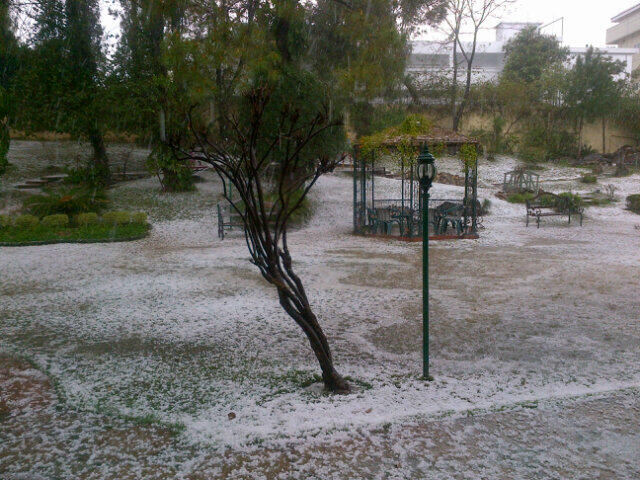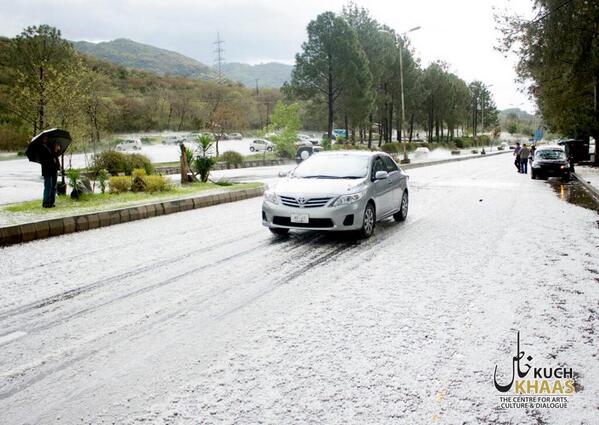
The main objective of this forum is to promote academia-industry collaboration in business and the economic sector for mutual benefit of the two countries. The objectives set forth for the Pak-China Business Forum are as under:
• To provide a platform for interaction between Chinese and Pakistani entrepreneurs and businessmen.
• To explore possibilities of attracting FDI from
• To provide business opportunities for Pakistani entrepreneurs.
The event will comprise project exhibition, seminars, workshops and industrial academic exhibition of various products of different sectors. Major Chinese and Pakistani companies, small and medium enterprises, entrepreneurs, universities, and research and development organizations will attend the forum.
Prospective Participants
Following are the people likely participating in the Pak-China Business Forum 2013:
• Chinese firms (around 50)
• Chinese firms active in
• Pakistani business houses/SMEs
• Universities and R&D organizations with products in the thematic areas.
Highlights
• B2B Meetings
• Textile Pavilion
• Seminars
•
• Culture Show 3 Nights (Chinese performers and Pakistani performers)
• Renewable Energy Technologies
• New Energy Technologies
• Information and Communication Technologies
• Water Conversation Purification and Sanitation
• Biomedical Materials
• General [1]
Opening Ceremony of Pak-China Business Forum 2013 will be held on Saturday March 23rd, 2013 at 1000 hours (at Pak-China Friendship Centre, Islamabad
The official time would be from 9:00 AM to 7:00 PM on all four days of the event. The Rent of the stall is from Rs. 10,000 for all days of the event.
Why participate?
The main features of the event include:
- An exhibition of products, processes and technological ideas developed at CIIT and other participating organizations;
- Products display by the local and Chinese businesses;
- Seminars, workshops and road shows;
- Side meetings with Chambers of Commerce & Industry and related government entities.
| Long Live Pak-China Friendship |
*The exhibition will be open to the general public. [2]



